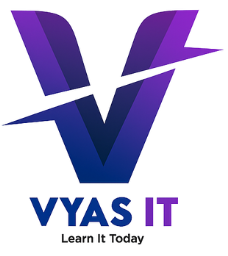
Why AWS certifications matter in today’s job market
Cloud computing isn’t just a trend—it’s reshaping how companies operate. And AWS? It’s the undisputed heavyweight champion of the cloud world, controlling about a third of the entire market.
That little AWS badge on your resume isn’t just pretty—it’s powerful. When hiring managers see those credentials, they immediately know you’ve got skills that have been verified by Amazon themselves. In a stack of applications, yours suddenly stands out.
The numbers back this up. AWS-certified professionals earn 25.9% more than their uncertified cloud colleagues. That’s real money in your pocket.
But it’s not just about the cash. AWS certifications give you:
- Instant credibility with employers
- Access to the AWS Certified Global Community
- Invites to certification lounges at AWS events
- Free practice exams for your next certification
- Exclusive job opportunities that specifically require AWS certs
Overview of AWS certification levels
Foundational
The AWS Certified Cloud Practitioner is your entry point—perfect if you’re just getting your feet wet with cloud concepts.
Associate
This is where things get interesting. Three paths await:
- Solutions Architect
- Developer
- SysOps Administrator
Each tests different skills but all validate your ability to implement AWS solutions.
Professional
Ready for the big leagues? The Solutions Architect Pro and DevOps Engineer Pro certs are challenging but incredibly respected.
Specialty
For the specialists among us, six targeted certifications cover areas like security, machine learning, and database management.
Time commitment and study requirements for each level
The certification journey isn’t a sprint—it’s a marathon with varying distances:
| Level | Study Time | Experience Needed |
|---|---|---|
| Foundational | 1-2 months (2-3 hours/week) | Little to none |
| Associate | 2-3 months (5-10 hours/week) | 6+ months AWS experience |
| Professional | 3-6 months (10+ hours/week) | 2+ years AWS experience |
| Specialty | 2-4 months (8+ hours/week) | Deep domain knowledge |
Your mileage may vary, but most folks need hands-on practice alongside study materials to really nail these exams.
Cost-benefit analysis of getting certified
Sounds steep? Consider this: the average salary bump after certification is around $15,000 annually. That’s a 30x return on investment in just the first year.
Beyond money, you gain:
- Job security in a growing field
- Career mobility across industries
- A clear path for professional development
- Validation of your self-taught skills
The ROI isn’t just financial—it’s career-changing. Few professional investments deliver this kind of return so quickly.
